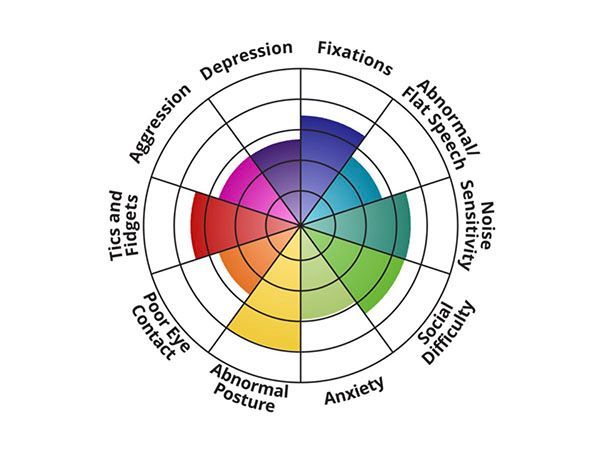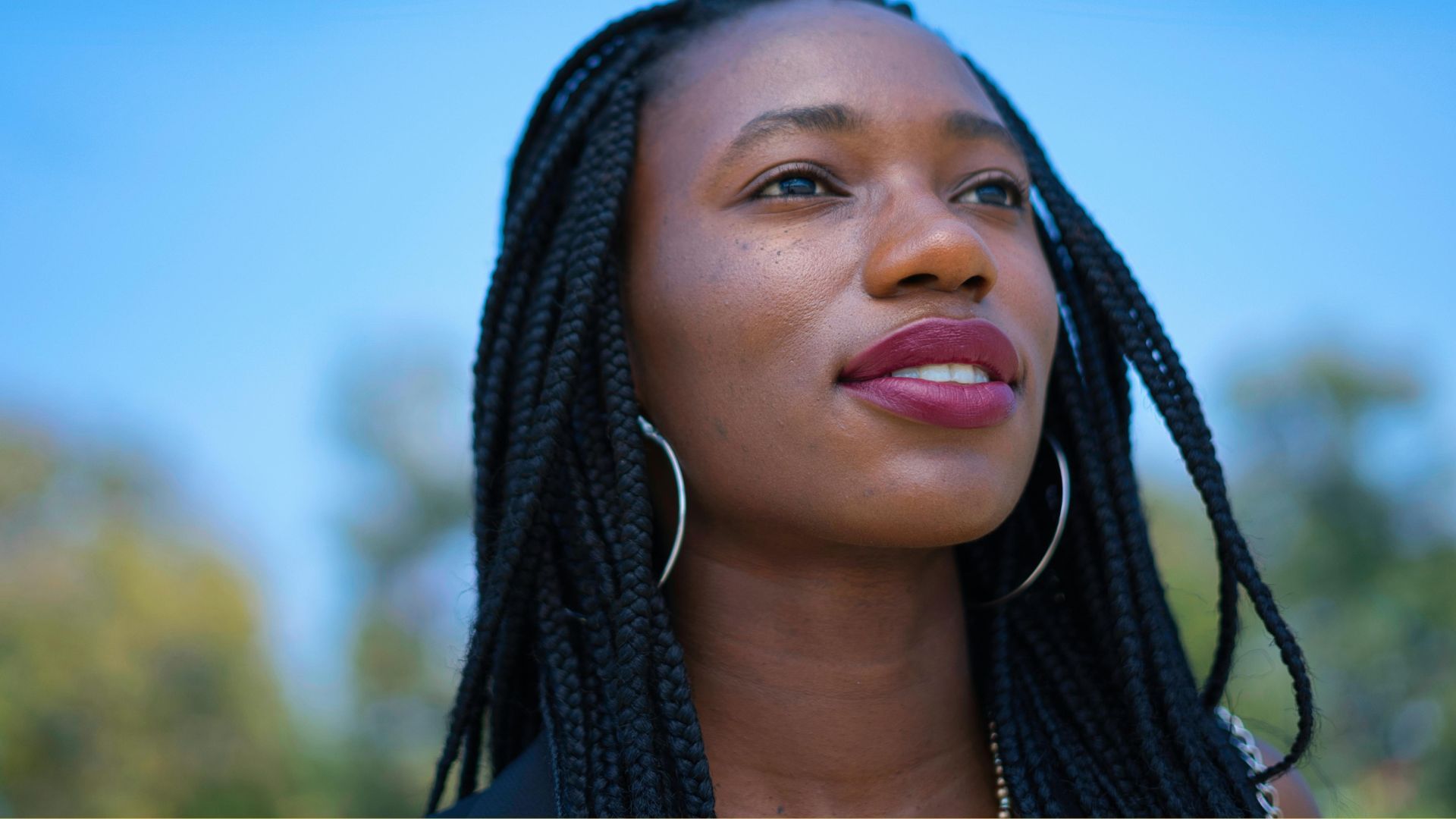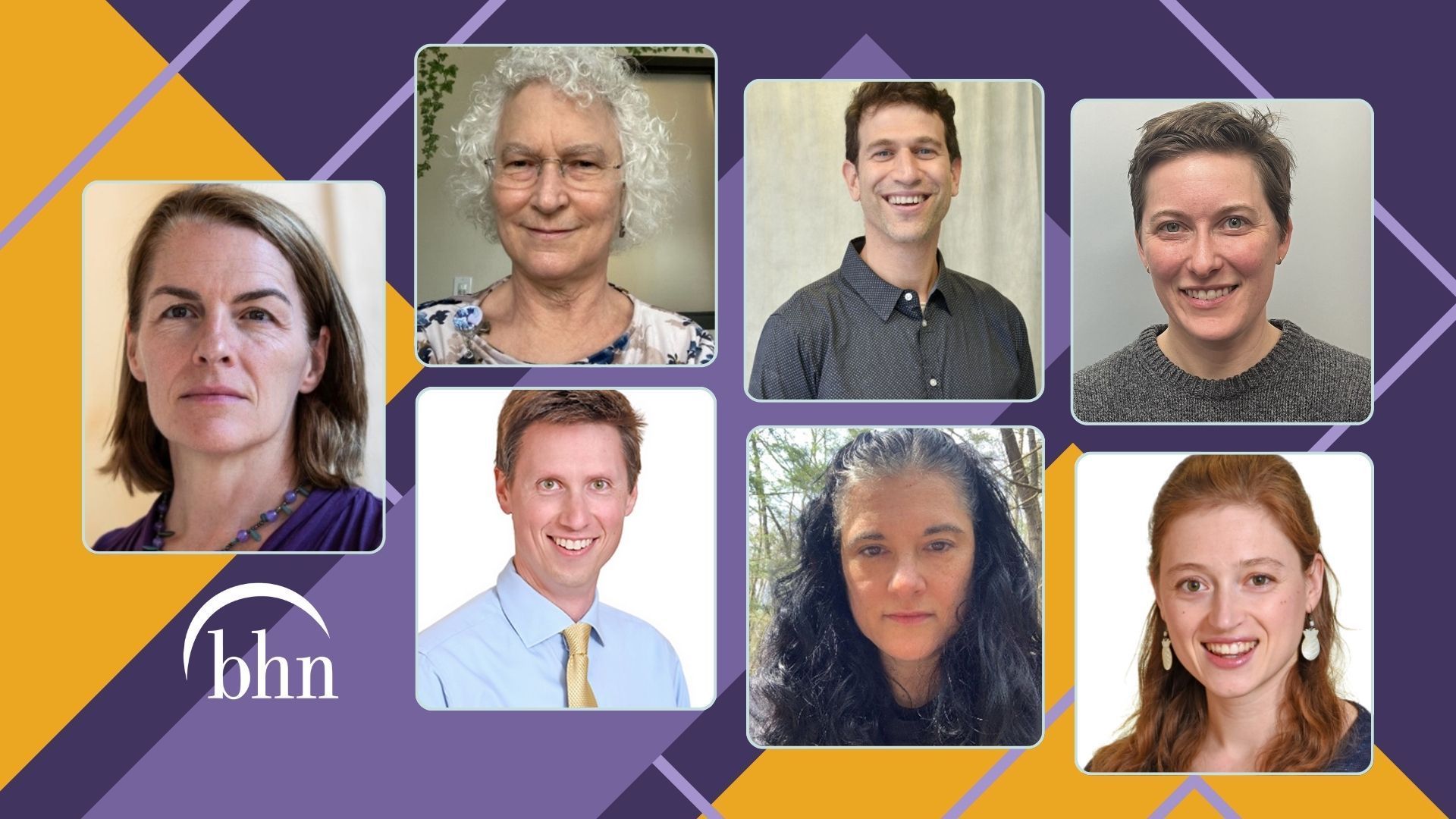Autism Acceptance Month: Celebrating Autistic Experiences
By Michelle Colgazier, Stephen Fanolis, Lauren Favorite and Tara Robinson
This April we welcome the 12th year of Autism Acceptance Month (AAM), which ushers in a shift from “Awareness” to “Acceptance.” Why? AAM was created by and for the autistic community to shift the conversation from stigmatizing language to one of inclusion and action. Awareness is passive – but acceptance requires action; Action on the part of individuals and organizations to change how autistics are woven into their community.
To incorporate action this month, this article is brought to you by autistic and neurodiverse leaders here at BHN. It is our hope that we may shed light on autistic experiences, and some of the ways our autism shows up in the workplace, as well as how we can endeavor to create more neurodivergent-affirming spaces that truly benefit all! When we think of the term “spectrum” to describe the autistic experience, it’s better to imagine the spectrum as a circle encompassing all the various traits, as opposed to a single line:

When you envision it through this lens, the saying “If you’ve met one autistic person, you’ve only met one autistic person” makes a lot of sense! We’re all delightfully different and unique in our respective strengths and challenges. It also moves us away from stigmatizing language like “high” or “low” functioning when what we should be talking about are support needs.
Additionally, when we move away from a pathological model of “treating” autism, we can also see a broader set of symptoms that impact autistics who were assigned female at birth (AFAB) and/or are persons of color. The current DSM criteria was based on symptom presentation in cis-gender white male children, and thusly resulting in what is being coined “The Lost Generation” (National Institute of Health, 2015) – or AFAB who weren’t diagnosed until adulthood. Many of us won’t get diagnosed at all, due to barriers in access, medical racism, and misogyny – or worse, misdiagnosed with conditions like anxiety, depression, or personality disorders. This is all to say that the lack of diagnoses, understanding, awareness, and accommodations compounded with the experience of being discriminated against due to your gender, sexual orientation, race, and prior (incorrect) medical history often results in a whole host of co-occurring conditions (autoimmune disorders, chronic pain, gut health, and hypermobile disorders are common).
Let’s now imagine how autism shows up in the workplace. Autistics may on any given day, have the bandwidth to “mask” or camouflage our disability, so it makes others more comfortable interacting with us. This can mean we appear focused, hard-working, efficient, and sociable. But if the mask slips, or our own level of burnout increases, we might seem blunt/assertive, inattentive, withdrawn, etc. For those of us who have never masked or choose not to mask – we are labeled as “difficult”, rigid, rude, or downright weird. This is significantly more problematic for Black AFAB autistics! Intent versus impact is often a major driver for anxiety, as we are often deeply empathic and worry about saying the “wrong” thing or being perceived as offensive.
If we know anything about disability in general, it’s that we are only disabled by society’s lack of affirming-spaces or overall accommodations. So, what does an autistic-affirming environment look like? Think about the sensory environment first: Imagine a temperature-controlled office that had an HVAC system designed with AFAB bodies in mind (Most HVAC systems are set with cisgender male bodies as a guide). Imagine no fluorescent overhead lights, but lighting tailored to your personal workspace. Fragrance-free designated areas, including kitchens. Gender-neutral bathrooms. Access to standing desks, ability to fidget or stim without disruption to others, permission to wear noise-canceling headphones, and meeting/training spaces that offer the opportunity to self-identify communication needs without issue (think AAC, closed-captioning, etc.).
We would be remiss if we didn’t highlight the delight that is video conferencing – for many autistics, being on camera is wildly overwhelming. We can see every detail in each of your frames, from the ticking clock on your wall, to the blurred background glitching every time you move, or worse – when the video is not synched with the audio. We take it all in, on top of the knowledge our face is being shown and thus the pressure to mask increases – we’ve ALL had the comment of “What’s wrong, you look mad” thrown our way! To create an autistic-friendly virtual space, don’t require your clients or staff to turn on their cameras, as it reduces the sensory-input so our attention can be paid to the conversation.
Being autistic is a disability only in the face of zero support being available, but with the right accommodations and acceptance – we make for amazing employees and clients. We’re ethical to a fault, hard-working, detail-oriented, logical, and deeply kind and compassionate. We can spot patterns from a distance, anticipate issues or needs ahead of time, and well, we make for excellent therapists!
We hope this has started a conversation among you about autism acceptance – as well as giving an opportunity to highlight the importance of positive representation of autistic people.
Check out these autistic content creators!
For referrals or information about BHN supports and services for youth and adults with Autism call 413-301-WELL (9355).
SHARE
Topics
Stay Up to Date!
Sign-up for our newsletter to receive news and updates from BHN.





